Grim Pie Charts and Stagnant Numbers
When I joined the theatre department in 2007, season selection discussions were at least partly about “getting butts in seats” because we needed to earn revenue. At UMN, several million dollars could be found for a new football stadium and the coach could be paid six figures, but the excellent theatre arts and dance department had to produce season after season of performances on a shoestring budget—something that has not meaningfully been increased in decades. Our department, like many others, had the burden of somehow making revenue from our seasons while also making sure to expose students to work that innovated theatrical form, was created by a diversity of voices, and that helped support our broad curricular offerings.
For decades, a moneymaker at UMN had been a yearly offering of nineteenth-century melodramas on a Mississippi riverboat. Just like The Christmas Carol does for professional theatres everywhere, this cash cow helped fund the rest of our season. But “the Show Boat,” as it was called, was expensive and no longer brought in the revenue it once did. The production was a rich learning laboratory of nineteenth-century scenic painting, acting, and musical styles for students for decades, but producing one every year meant that, by default, melodrama was our most consistent program offering while being only a fraction of our curricular focus.
The Show Boat was retired in 2015, the same year the Count study came out, letting us know that only 22 percent of plays being produced in the country’s professional theatres were written by women and only 9 percent by artists of color. Similar statistics were published a few years later about women designers and designers of color. These grim pie charts and stagnant numbers were disheartening and angering to read in 2015, but they were part of what got me excited to join the JUBILEE. The audacious vision to invite every theatre in the United States to program a single season that celebrates superlative work by artists who are not usually centered felt like the jump-start the doctor ordered.
These grim pie charts and stagnant numbers were disheartening and angering to read in 2015, but they were part of what got me excited to join the JUBILEE.
Choosing a JUBILEE Season
I chair the committee for season selection at UMN, and right now we are at work crafting a vision for the pledge we intend to make. We no longer talk about “risky” vs “butts in seats” but about “starting conversations” and “expanding community.” I asked our marketing and communications specialist, Amy Esposito, about JUBILEE and marketing. UMN is embedded in one of the densest theatre communities in the country and her answer to the question “how do we compete?” is “we focus on our strengths, not on competing.”
“People come to our campus theatre and dance performances to see people and unique interpretations of work, not because the title is recognizable,” Esposito said. “That is one reason why we don’t offer subscriptions any longer, which is a model that benefits from flashy known titles that garner recognition.” This frees us from being anchored to “safe” or “cash cow” choices. Esposito said JUBILEE will be a fruitful and exciting season to market because the community is interested in opening up conversations with the academic and artistic creators within the campus community, and that is what educational theatre is best at. “But,” she warned, “only if our choices of curation are supported and genuine—Minnesota eyes can tell when you are not genuine."
Because we are a department with five programs, the committee is gathering ideas from all program heads on how they’d like to see us tap into our “growth edge” regarding JUBILEE’s goals. Aaron Todd Douglas, the new head of the UMN/Guthrie BFA Actor Training Program, has said that all of their productions will be directed by artists of color and women, and a majority of the plays will be written by artists of color and other similarly marginalized voices. He added: “Looking ahead, a real ‘growing edge’ for the BFA will be expanding the definition of the term “classic theatre” to permanently include the enduring work of iconic playwrights who happen not to be cishet white men.” This is already well underway as a glance at the season of BFA projects today shows.

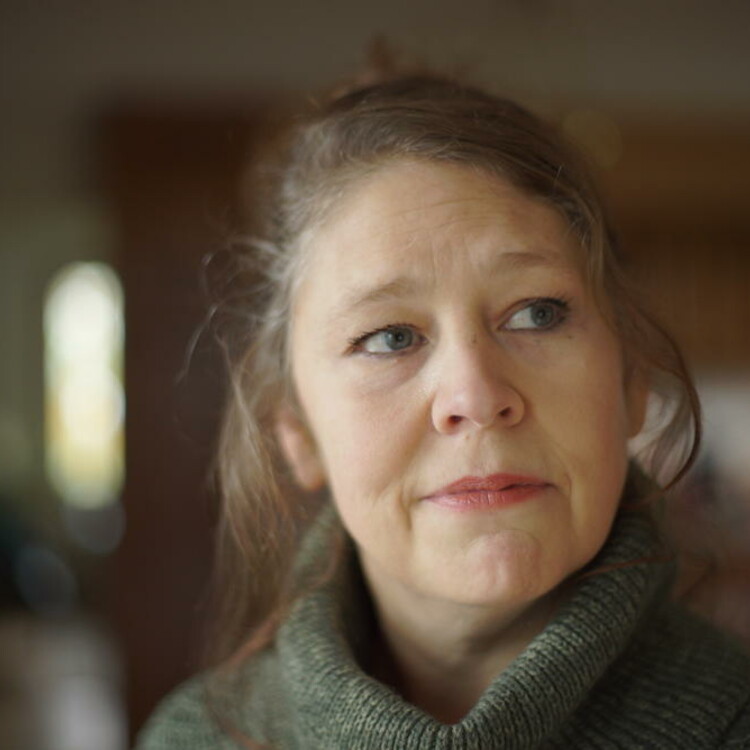
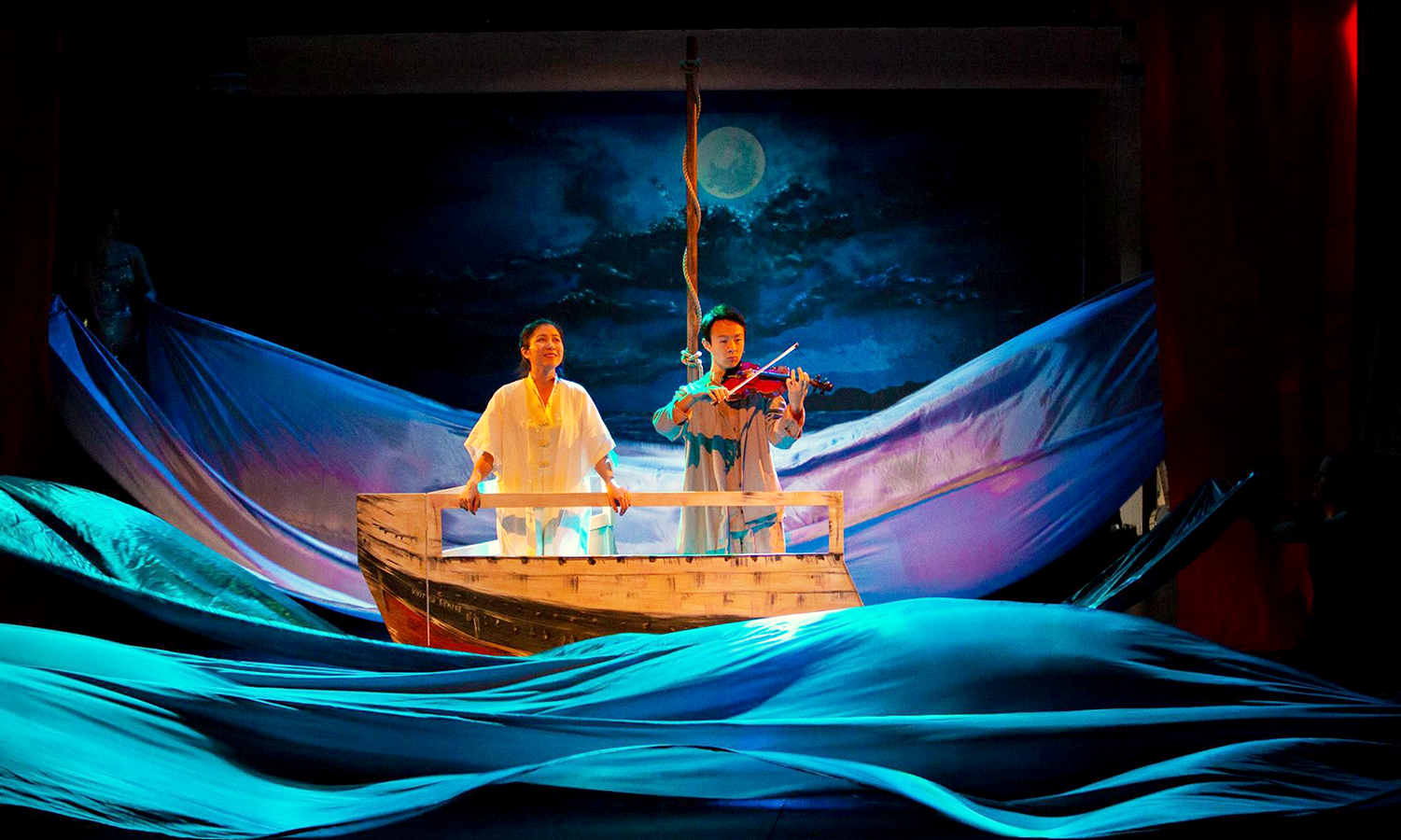
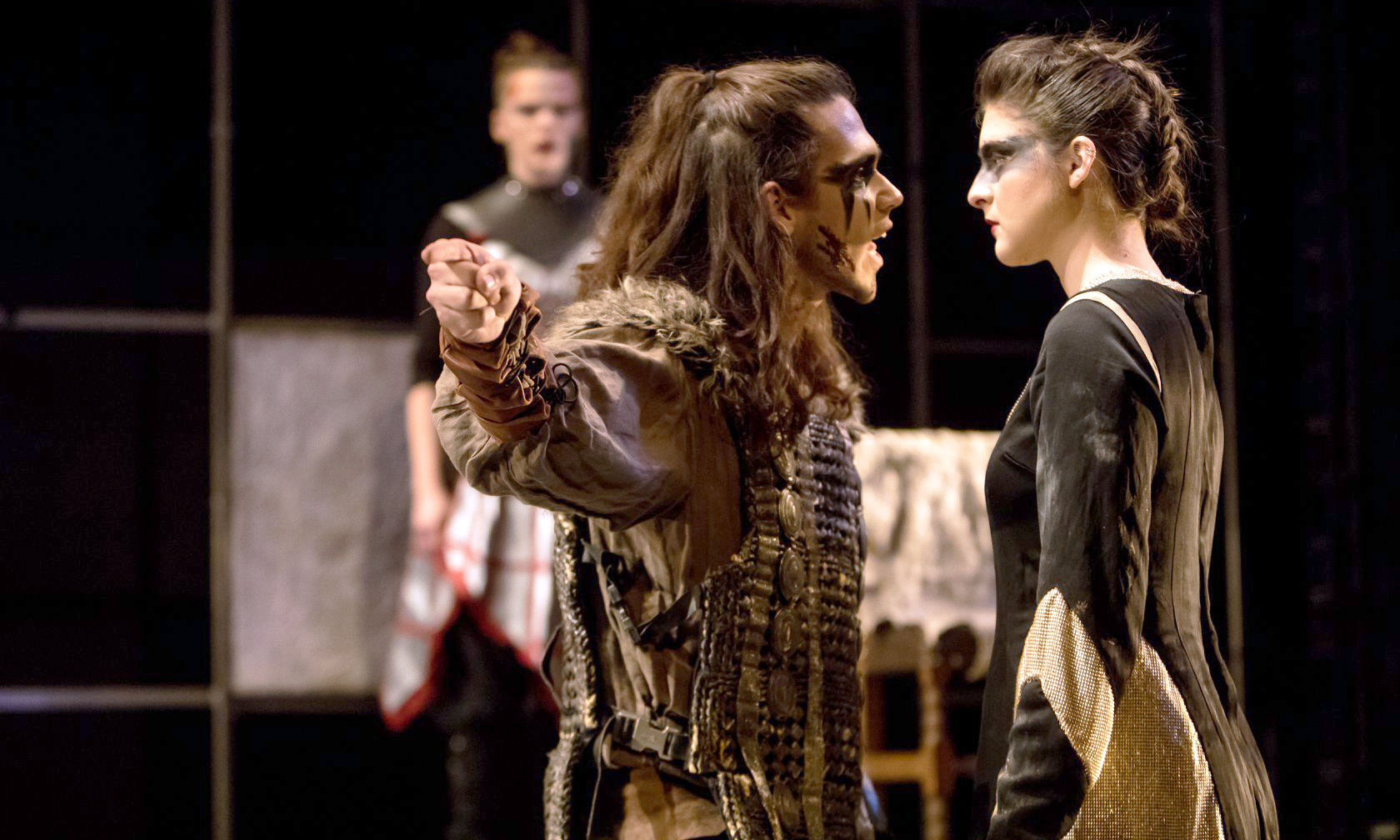
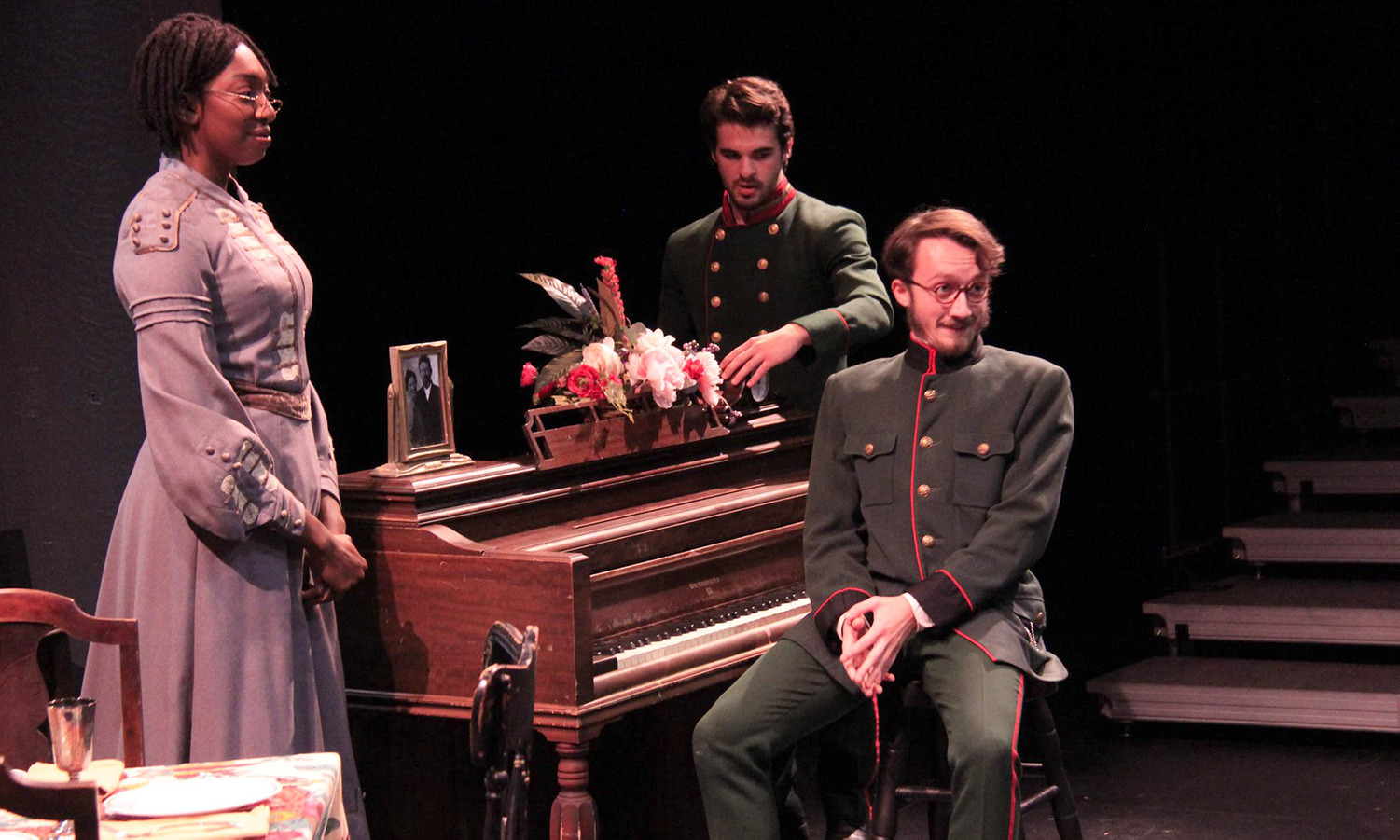
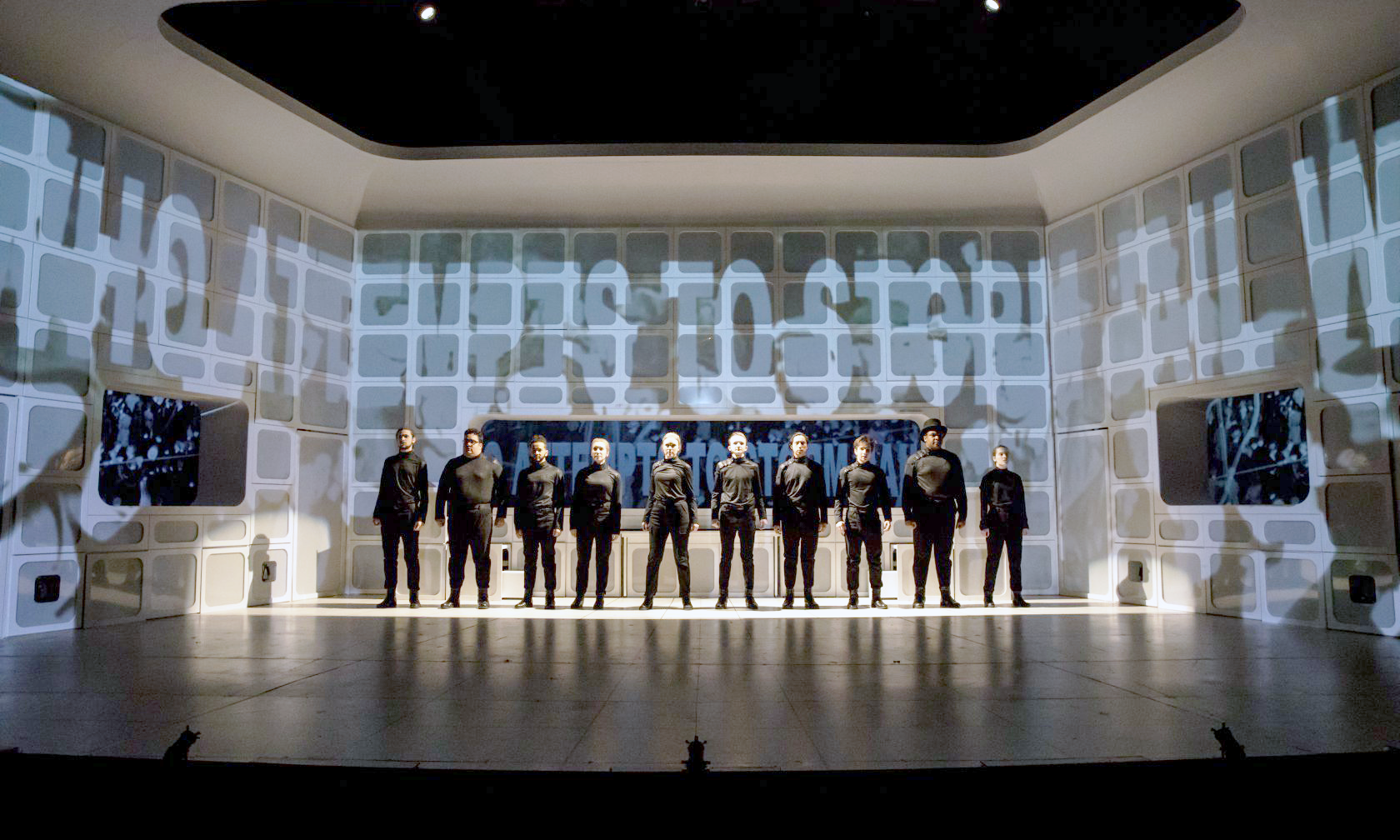
Comments
The article is just the start of the conversation—we want to know what you think about this subject, too! HowlRound is a space for knowledge-sharing, and we welcome spirited, thoughtful, and on-topic dialogue. Find our full comments policy here
Joan. I agree it's so much more than just playwrights or directors - as important as these may be. I'm so glad dell arte is participating in JUBILEE! I am looking forward to these conversations as we all plan our seasons. the BA program here is heavy on devising as you know so it will be about what "lead artists" we bring in I think as much as it's about play titles. Lets keep talking!
Lisa
Thanks, Lisa for detailing how different departments can develop their Jubilee pledge. We are working on ours now. Though not a university we still have a complex scenario to develop. As a a primarily devising institution we don't choose a play season, but we have to figure out how our summer festival, the company shows, and the student work at both graduate level and certificate level all generate ideas that come together in our 20-21 season. Plus, as you point out, it's not just about actors, directors, and playwrights, but also about designers, technicians, house crews, etc. It helps me think about how this can reflect the values of the organization as a whole. I think we'll have some exciting conversations about it.